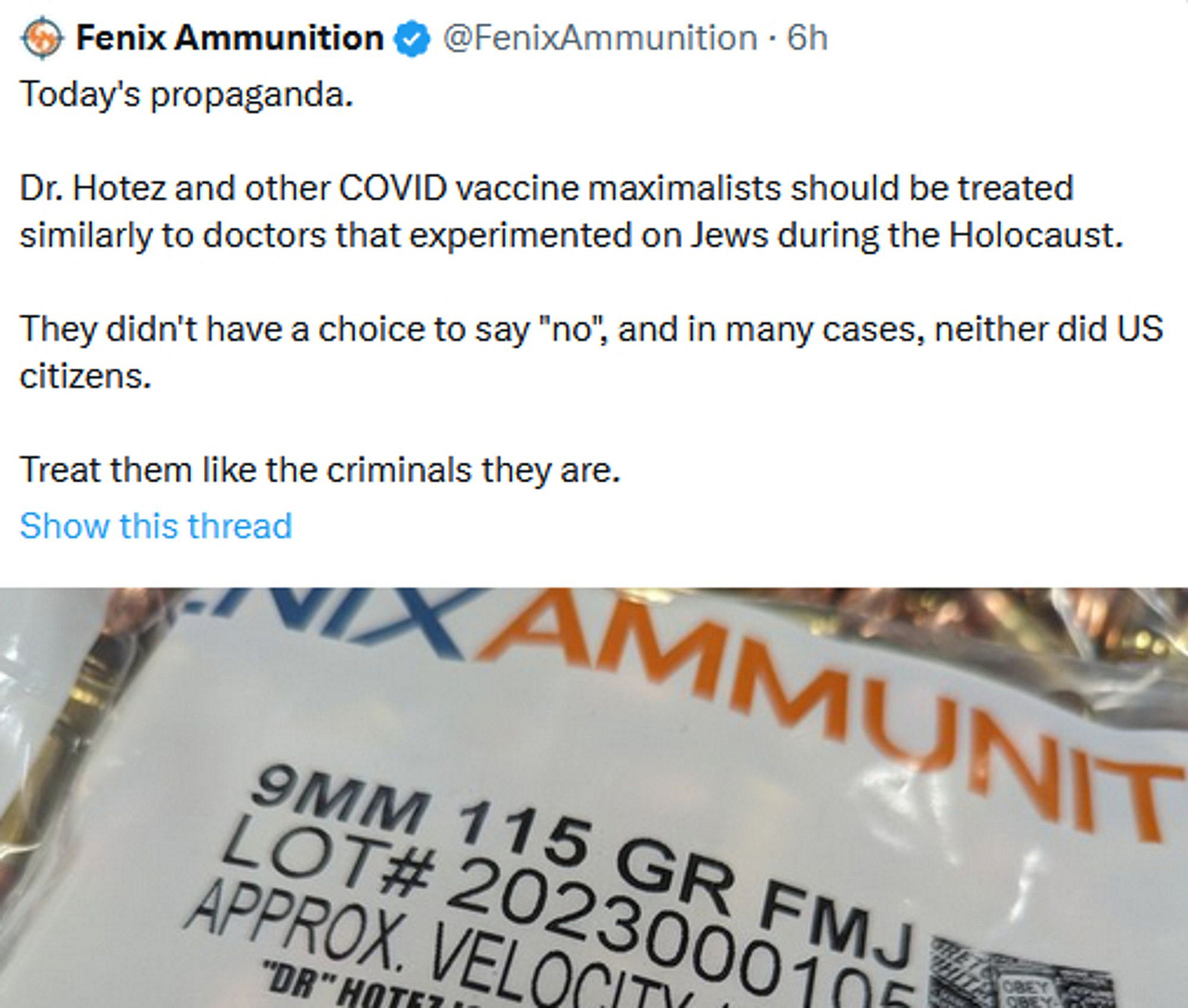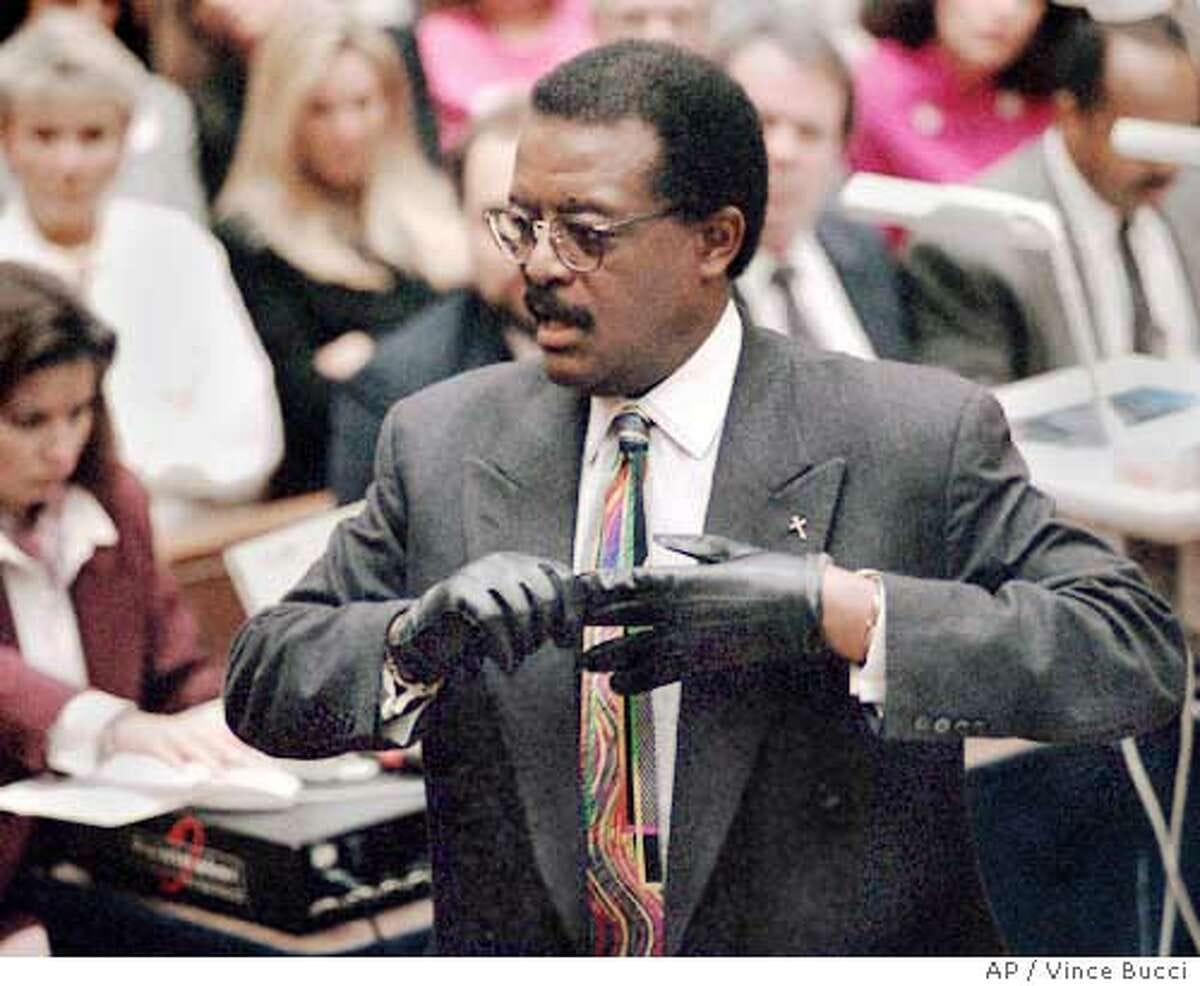Why Scientists Don't Debate
Public debate is not an effective way of establishing truth--and it never has been
I’ve never listened to an entire Joe Rogan show, but he seems like a nice enough guy. A big, round, overly credulous bag of meat. A member of the school of “rejects the political binary,” “truth-seeker” “classical liberal” centrist reactionaries that always wind up centristing their way into interviewing exclusively mid-to-far-right personalities and absorbing their views like a sponge falling into a toilet and just being left there.
Recently he interviewed Robert F. Kennedy, Jr., the “unfortunately a Kennedy” one, who is running for president—unlike his uncle John, on a single-issue ticket. That is, the rabidly anti-vaccination ticket, the slogan for which should be “Polio is Character-Building.” Rogan listens with all the rapt fascination of a toddler learning about Santa for the first time while Kennedy teaches him how wi-fi signals in the air disrupt your thoughts and lead to a condition known as “leaky brain.”
That brings us to Dr Peter Hotez, one of the most esteemed vaccine experts in the entire field, a man of several directorates with more chairs than a football stadium and winner of science awards they probably had to come up with just for him. He criticised Rogan for distributing medical misinformation, which led Rogan to drop the nice guy act and challenge Hotez to debate Kennedy on his show.
Hotez refused to take the offer, which caught the attention of equally over-credulous reactionary Pollux Elon Musk. Musk, who variously claims to support vaccines or think the “risks outweigh the benefits” depending on which Republican is leading in the polls, and it’s unclear he even believes in the existence of Covid-19, Tweeted out that Hotez is “afraid” to debate Kennedy “because he knows he’s wrong.”’
That’s like demanding Richard Feynman debate quantum electrodynamics with a parrot, and if he doesn’t want to waste his time, declaring Feynman is afraid because he knows he’s wrong.
The worst people on planet Earth always interpret Musk’s beefs (arguably correctly) as endorsement for a crusade to destroy that person, so Musk fans started showing up at Hotez’s house to confront the doctor at home, and at least one Muskiac issued a direct call for the doctor’s assassination.
A threat which, as of this article’s publication, is still there.
The problem is, Peter Hotez probably would lose a debate against Robert F Kennedy, Jr. For the same reason that Richard Feynman probably would lose a debate against a parrot.
Public debate has almost nothing to do with discerning some kind of fundamental truth. It is, and always has been, primarily a form of entertainment.
Public debate, the art form of persuasion as entertainment or sport, goes way back to ancient Greece, to the time of Protagoras, a rhetorician who became the most famous of the so-called sophists. This actually pre-dates what we think of as “western philosophy,” which is characterised as a serious search for objective truth and isn’t thought to have hit its stride until Socrates. Before this, the “pre-Socratic” era of philosophy was predominated by figures who were less enthused with finding deep meaning than they were about being a smartass.
Protagoras the sophist didn’t really think of things as being “true” or “not true.” He had an ideology something much more akin to the idea of “personal truth.” Truth is literally whatever makes you sleep better at night. Debate isn’t about what’s “true,” it’s about swaying people to your side about something, shaping their general worldview. It is an art form and it is a game, like chess.
The most famous quote of Protagoras is “of all things, man is the measure,” and it is this that defines the worldview of the sophists, the rhetoricians, and the fabulists. The idea of a “truth” being something that exists out there beyond the individual actually came late to the party with Socrates and Plato, whose greatest impact on philosophy, which delineates the birth of its entire tradition, is that they strongly disagreed with that shit.
And it’s not how we do science.
Today almost every manifestation of public debate that we have is clearly done as either pure entertainment (like debate clubs or whatever the fuck Ben Shapiro does) or a type of sport or fight (which, let’s face it, is what the presidential/gubernatorial debates are). And in the art of persuasive speaking, or rhetoric, logos (referring to the facts of the matter at hand) doesn’t even account for half of it. Just as important are pathos (emotional manipulation) and ethos (strength of character).
The closest thing we have to the use of debate as a way of getting to truth is in the courtroom. But courts have very strict and very many rules and processes and paperwork beyond simply the performance of the trial lawyers, enough rules that it takes years of intensive study to get remotely good at them. A courtroom trial cannot be simply boiled down to a debate even if that does form a component of the process. Even then, a sufficiently charismatic trial lawyer can win in opposition to and in the face of the facts—think Johnnie Cochran in the O.J. Simpson trial.
Many people who might be puzzled about this whole Hotez/Kennedy debate thing are wondering why he doesn’t just go on and do his best, but none of the actual people involved, from Rogan to Kennedy to Musk to the people tweeting out photos of bullets with Hotez’s name on them, have any interest in the outcome. It is, firmly, entertainment. These guys already know where they stand. Hotez has no available win condition.
See, there are two types of people who spout conspiracy theories. There are the prime movers like Kennedy and Alex Jones who come up with this stuff and profit immensely from driving it. Kennedy, in fact, should he actually become President, God forbid, would treat it as only a minor promotion, profit-wise—his salary as president of the “non-profit” group Children’s Health Defense is $345,561 a year, just short of the 400 grand awarded to the President of the United States.
But then there are those who lack that level of creativity or intelligence and fall more rightly into the category of professional cynics. Joe Rogan and Elon Musk fall into the fallacy of cynicism, which is a corrupted and unsustainable version of healthy skepticism—essentially, if you don’t trust official stories or mainstream narratives, then we can say with strong confidence that the opposite is true, simply by virtue of it not being the official narrative. This applies to anything from government reports to basic scientific principles.
Here stands the conundrum of the conspiracy theorist and the cynic—if we throw out authority and expertise as measures of reliability, then literally anybody’s idea is as good as anyone else’s. Your uncle Frank doesn’t know any better or worse than the Surgeon General about what causes transmissible disease, whether it’s microbes or whether it’s ghosts sending bad juju through the radio waves. In fact, Uncy Frank’s ghost theory is likely to be more highly regarded because the Surgeon General is The Man.
This is not the first time Rogan has embraced anti-vaccination views primarily because the popular opinion is that vaccines work. The first time, Neil Young broke off his relationship with the streaming platform Spotify over his disgust at Rogan’s podcast, which only fortified Rogan’s paranoid suspicions that he’s onto something, and when he fell sick with Covid-19 he threw the kitchen sink at it, by which he meant every non- or pseudo-scientific remedy he could think of short of praying to Zarathustra.
What Rogan and Kennedy want for Dr Hotez is more akin to a kangaroo court than a true debate. Pitting the facts against each other to see what comes out stronger is not even remotely the point of this charade. After all, anyone who is interested in knowing Dr Hotez’s position on the matter can simply Google it. How scientists think vaccines work is not some kind of secret that they’re hiding until they get a chance to unleash it in a public forum against some guy who thinks vaccines caused his weird voice.
They want a soft-spoken and placid scientist to get humiliatingly trampled in public debate by a man—a lawyer and politician—who is professionally trained in sophistry and rhetoric. They want this because, as Protagoras would say, “truth” is really what is most advantageous.
Robert F Kennedy, Jr. cannot be defeated in a vaccination debate moderated by an anti-vaccinationist, judged by anti-vaccinationists, on an anti-vaccinationist show to an audience of anti-vaccinationists. The rhetorical advantage of a well-trained sophist talking down to a scientist cannot advantage the scientist. The only thing it can do—which is the hope of the people who demand this debate go forward—is hopefully sway people who are on the fence toward the sophist’s side.
This is what happened to Joan Walsh, the former Salon editor who was so entranced and convinced by RFK Jr’s sophistry that she, to her now immense regret, edited and ran a bullshit anti-vax article authored by him in 2005. Salon’s correction, and eventual full retraction, of this article did not come about through debate. What did it was the type of truth seeking that science—true science—is actually engaged in: A long, laborious, and rigorous campaign of fact-checking and research. It’s not something that is done in public, and it’s not very entertaining. Not everything has to be.
Update 27/6/23: I want to share this piece by pediatrician and vaccine expert Paul Offit that responds to many of Robert Kennedy Jr’s misunderstandings and, yes, outright lies on this topic.













A big, round, overly credulous bag of meat. Is the best description of Joe Rogan i've ever heard
Nicely done, thank you!